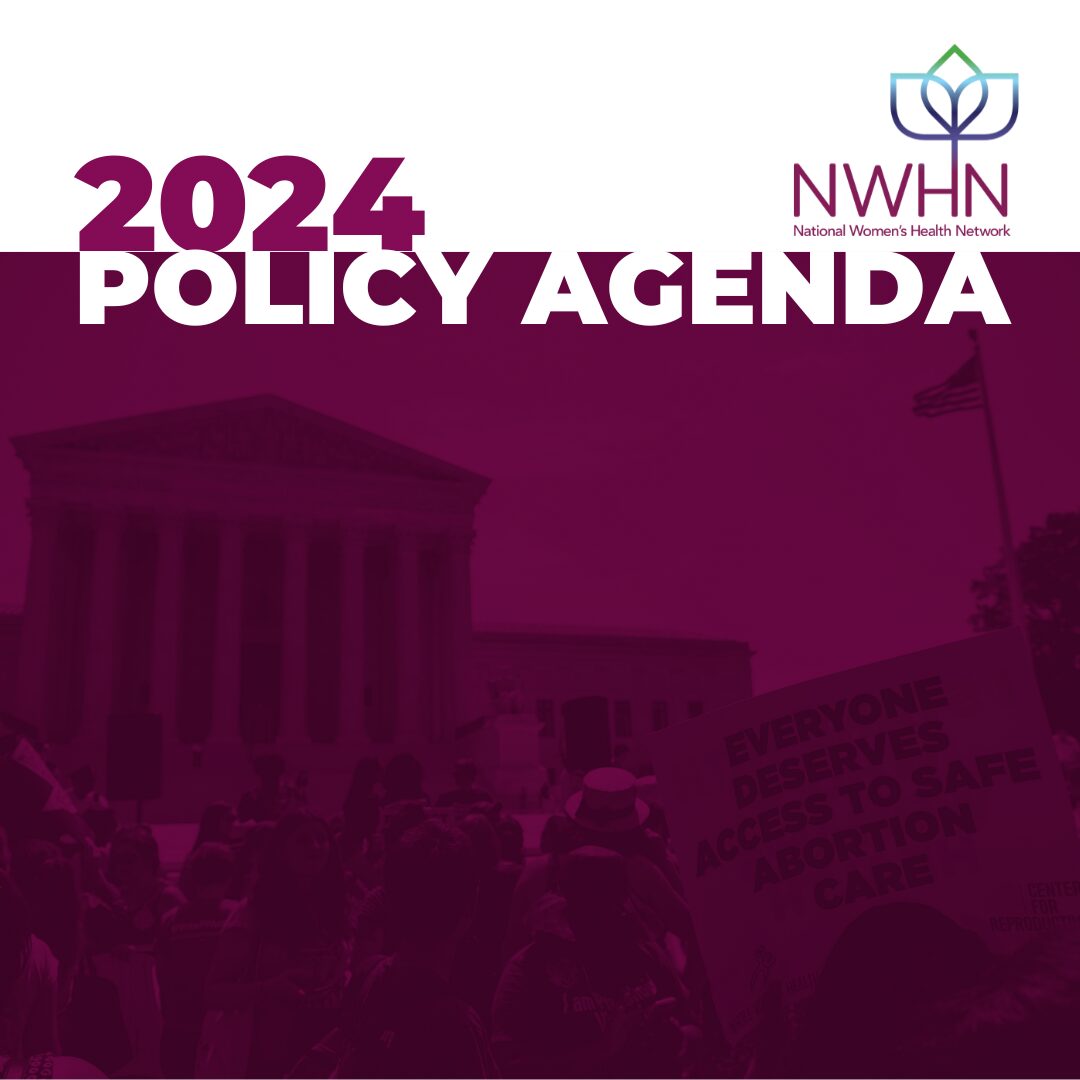
Campaigns, Policy Updates
The National Women’s Health Network’s 2024 Policy Agenda
January 24, 2024
---

The Network knows how the Food & Drug Administration (FDA) works better than most watchdog organizations operating on Capitol Hill – and we know how to bring your voices to them loud and clear when change is needed. Most recently, we successfully convinced the FDA to permanently remove medically unnecessary restrictions on the abortion pill, and were one of the first groups to testify during the FDA’s emergency authorization hearings for the COVID-19 vaccine.
The NWHN will continue to press the FDA on: